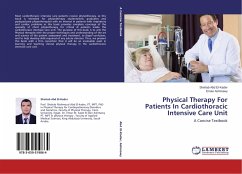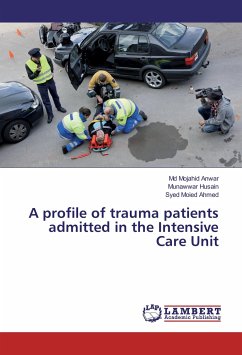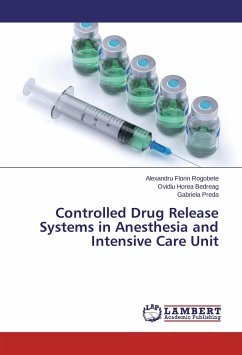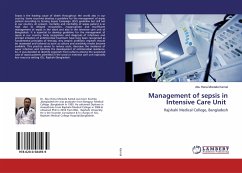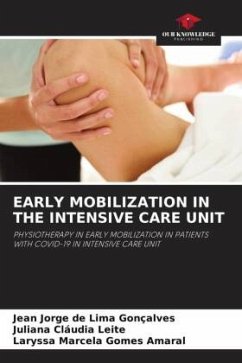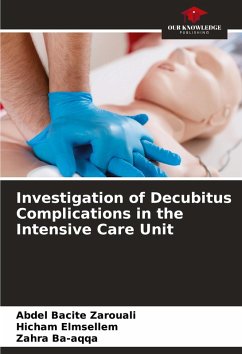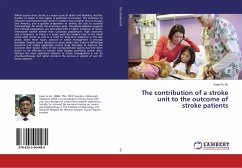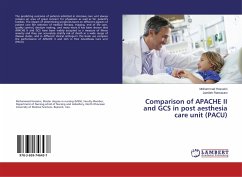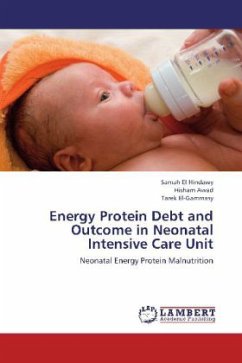
Energy Protein Debt and Outcome in Neonatal Intensive Care Unit
Neonatal Energy Protein Malnutrition
Versandkostenfrei!
Versandfertig in 6-10 Tagen
52,99 €
inkl. MwSt.

PAYBACK Punkte
26 °P sammeln!
Neonatal requirements of macronutrients (carbohydrates, lipid & protein) as well as micronutrients (vitamins, electrolytes, minerals & trace elements) have to be adequately met. Each day that the baby does not receive calorie and protein at the recommended levels, the baby accumulates higher energy protein debt. Postnatal energy protein malnutrition is a significant health care problem as it influences many short term adverse effects experienced within neonatal intensive care unit as well as adverse effects in the long term. It results in postnatal physical growth retardation and even with any...
Neonatal requirements of macronutrients (carbohydrates, lipid & protein) as well as micronutrients (vitamins, electrolytes, minerals & trace elements) have to be adequately met. Each day that the baby does not receive calorie and protein at the recommended levels, the baby accumulates higher energy protein debt. Postnatal energy protein malnutrition is a significant health care problem as it influences many short term adverse effects experienced within neonatal intensive care unit as well as adverse effects in the long term. It results in postnatal physical growth retardation and even with any attempt for subsequent catch-up growth; it may lead to many adverse effects. It can also alter the growth of specific organs as pancreas, kidney, heart and intestine, and has negative impacts on the developing brain with potentially irreversible bad consequences. Postnatal malnutrition increases the incidence of various neonatal diseases, influences many needed medical interventions and, isassociated with abnormal laboratory findings and metabolic disturbance. In addition, it has a relationship with subsequent development of many diseases and disorders later in life.



